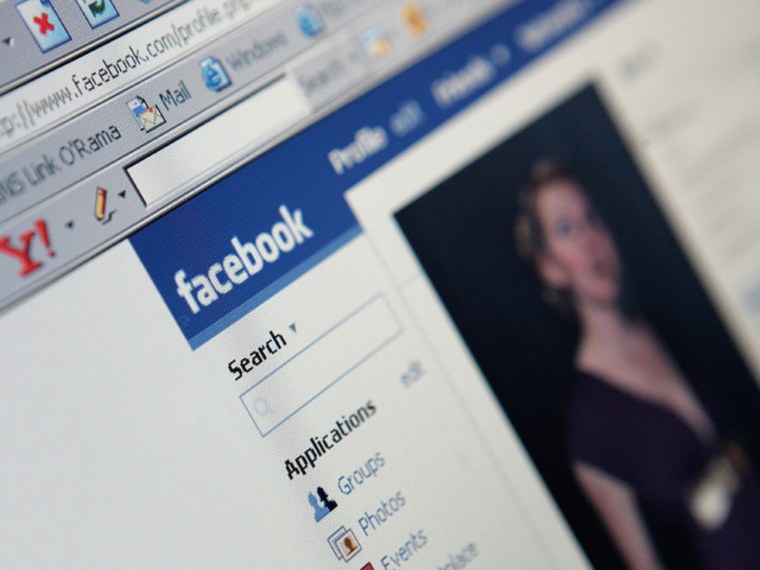Divorces can get ugly, and now more and more of these cases include incriminating evidence captured on social media sites, at least for one Florida lawyer who says she sees "some type of Facebook involvement" in 90 percent of her divorce cases.
St. Petersburg attorney Carin Constantine talked to a local TV station, WTSP, and seemed to reinforce the notion that Facebook is a marriage killer.
In the interview, she mentions clients who have pointed her to pictures of their misbehaving ex-spouses-to-be on Facebook, including examples of husbands caught dancing with babysitters and others serving alcohol to minors. Then she prints the images and attaches them to legal motions. Constantine does the same with photos she finds on Google Images.
"Those pictures are still accessible by us, and we can still print them and we can still use them as evidence in your divorce case," Constantine told WTSP's Janie Porter. "There are times when my paralegal and I sit in this office and laugh, because people are stupid."
Short of saying goodbye to Facebook forever and/or locking down your privacy settings, clients like these can try to untag their images or delete their photos, but the damage may already be done. Photos shared on Facebook can be downloaded and cached images are also ripe for the plucking.
It wasn't long ago that the 1,600-member American Academy of Matrimonial Lawyers (a strange name for a group focusing on the opposite of marital bliss) cited a survey that linked Facebook to one in five divorces, with 81 percent of those lawyers saying that social media is the new affair hotbed. And the hottest zone is Facebook, with 66 percent of those AAML sources mentioning it specifically for evidence of marital discord and misconduct.
And then there is the camp that feels that like any tool, Facebook can be used for good or evil, but in itself is not to blame for people cheating on their spouses or publicizing things they do that others shouldn't know. After all, for many practicing fidelity in their daily lives, it's an innocent and effective means of keeping in touch with far-flung family members and friends.
This comment from a New York Daily News reader sums it up:
Here we go ... blame Facebook. People are going to communicate on whatever is out there to do their dirt. I never heard of putting Crane, Inc. on trial because people were sending love letters during their extramarital affairs using paper. They've been doing it since papyrus was invented. It's not the Facebook application's fault. It's how people use it as a tool. Either you use technology to benefit yourself, your family, and the planet, or you use it to destroy things. Simple as that.
What do you think? Answer our poll and let us know.
More stories:
- Contemplating divorce? Beware social networks
- A billion Web searches reveal kinky is the new norm
- Man busted for polygamy after unfriending wife No. 1
Check out Technolog on Facebook, and on Twitter, follow Athima Chansanchai.
